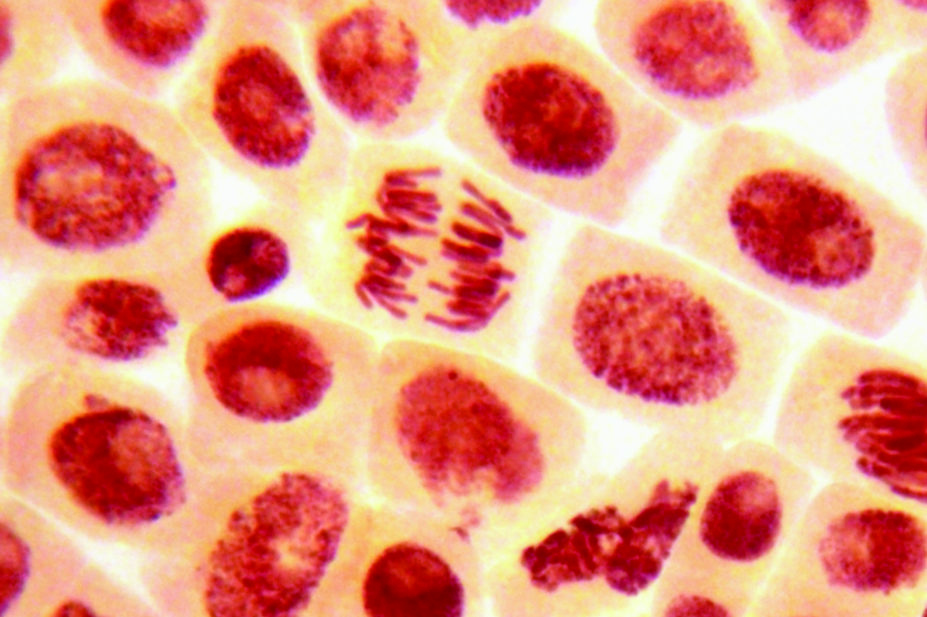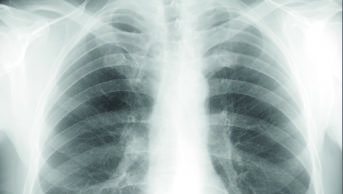
Shutterstock.com
Familial hypercholesterolaemia (FH) is a rare genetic disease that affects the production of functioning low-density lipoprotein (LDL) receptors in the liver. When patients have mutations in both copies of the LDL receptor gene, they do not respond to statins and have limited pharmaceutical treatment options available because of a lack of accurate disease models.
Reporting in Cell Stem Cell on 6 April 2017[1]
, researchers used FH human hepatocytes derived from induced pluripotent stem cells to screen for existing drugs that might lower apolipoprotein B (apoB) – a precursor of LDL cholesterol.
The team found that all nine cardiac glycosides in their drug library reduced levels of apoB in the hepatocytes. In an analysis of historical patient data, the researchers found a reduction in serum LDL-C comparable to that seen with statins in patients taking cardiac glycosides.
The researchers say the results demonstrate the potential of their stem-cell based approach for identifying new treatment candidates for inherited liver diseases.
References
[1] Cayo MA, Mallanna SK, Di Furio F et al. A drug screen using human iPSC-derived hepatocyte-like cells reveals cardiac glycosides as a potential treatment for hypercholesterolemia. Cell Stem Cell 2017. doi: 10.1016/j.stem.2017.01.011.


